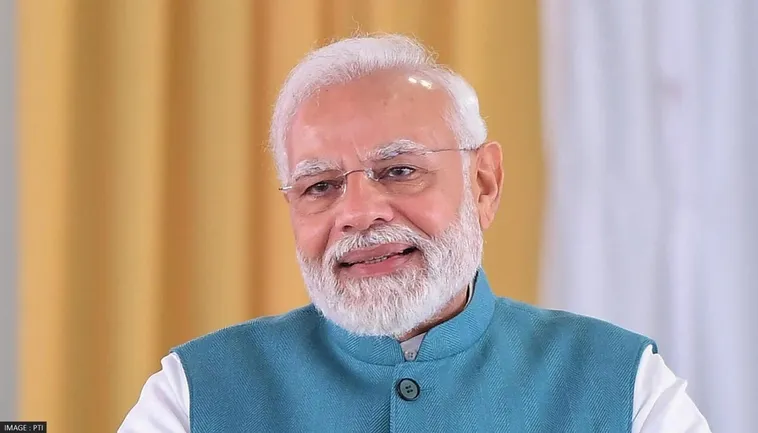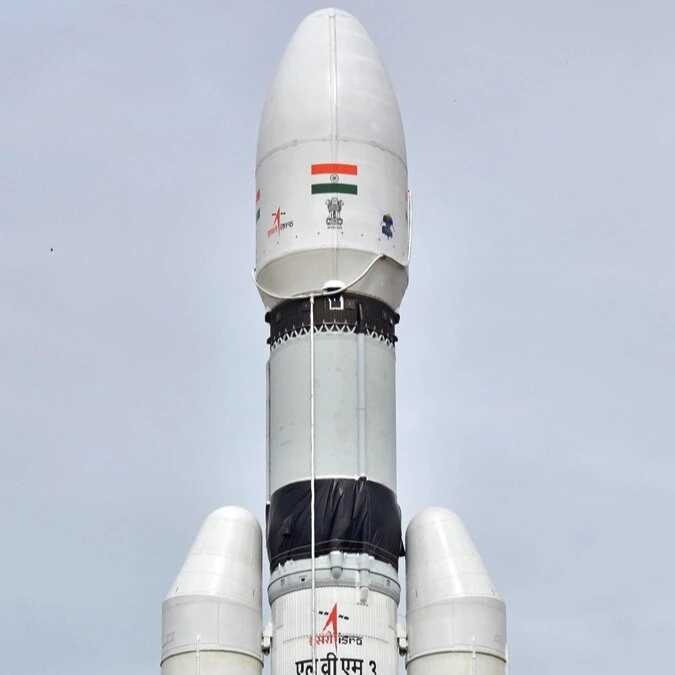Rama Krishna Sangem
Back to back recent orders of the Centre regulating exports and imports of essential commodities may affect the pro-growth image of Prime Minister Narendra Modi. Whether the PM has changed on his stand on own on such major issues or the officials have forced him to change is not known. But, the recent regulations definitely indicate a change in the direction of this government’s policy for the last nine years.
Modi since he became PM in 2014 has been taking of bringing stability in the economy so that it achieves high growth. He criticized previous Congress regimes for their lack of transparency and license permit Raj of 1970s and 80s. Then, we need to wait for years together to get a phone connection or a gas cylinder or buy a two wheeler. In those day, owning a foreign car is a distant dream.
All that was done in the name of socialistic goals – or protecting local industry and businesses. 1991 liberalization has done immense benefit to the country and people. BJP, by its economic philosophy is against free markets and open trade policies. Narendra Modi too appeared to be of the same line. But, well entrenched redtapism more often than not, rears its head – to remind us that still it is alive
Rice ban, gadgets restrictions hit industry
Two recent decisions – banning export of non-Basmati rice and restricting import of laptops and computers – have hit the trade and industry, more for their shock value. Rice ban has been imposed in the name of keeping prices of food under control in the country. Restrictions on import of electronic gadgets has been attributed to three reasons – security of systems, encourage domestic goods and to cut trade imbalance with China, which dominates the sector.
First I come to rice ban. India has been producing good quantity of paddy over the years, thanks to various factors. The governments at the Centre and states have taken several measures to achieve this high production. Our traders started exporting rice to around 60 countries, to a tune of around 45-50 million tonnes per year. These exports have yielded good returns to farmers ultimately.
Sudden ban on rice has not just denied this sector its good returns, but also shocked the importing countries confidence in India as a reliable supplier. Even supporters of this government like retired IAS officer Jayaprakash Narain have voiced protest over this ban. India has enough buffer stocks of rice in its godowns – around 2.59 crore tonnes as against the stipulated norm of 1.50 crore tonnes. This ban is wholly uncalled for.
Next is restrictions on laptops, personal computers and tabs. We all know now these gadgets have become part and parcel of our life. Right from students to employees and businessmen to farmers – all need them badly. Suddenly asking these companies to take license and permit for importing them will definitely hit the supplies and hike prices. The country’s economy and progress will be affected.
We don’t know, why such decisions are suddenly taken without proper prior consultation – either with the industry or with the parliament which is in session. This only shows that certain quarters of this government are working at cross purposes with its own avowed policies Otherwise, there is no proper explanation for their decisions. We still cannot figure out why they had banned Rs 1,000 and Rs 500 notes in 2016 and withdrew Rs 2,000 notes now.
One thing is clear – what is at stake is the image of PM Modi who projects himself as a change maker and committed to ease of doing business. But, these moves not in tune with his public image. Indian and foreign media carried negative reports and the public talk too is bad about the government. IT Minister (MoS) Rajiv Chandrasekhar tweeted that the restrictions had good intentions, but the ground situation is not that good.



